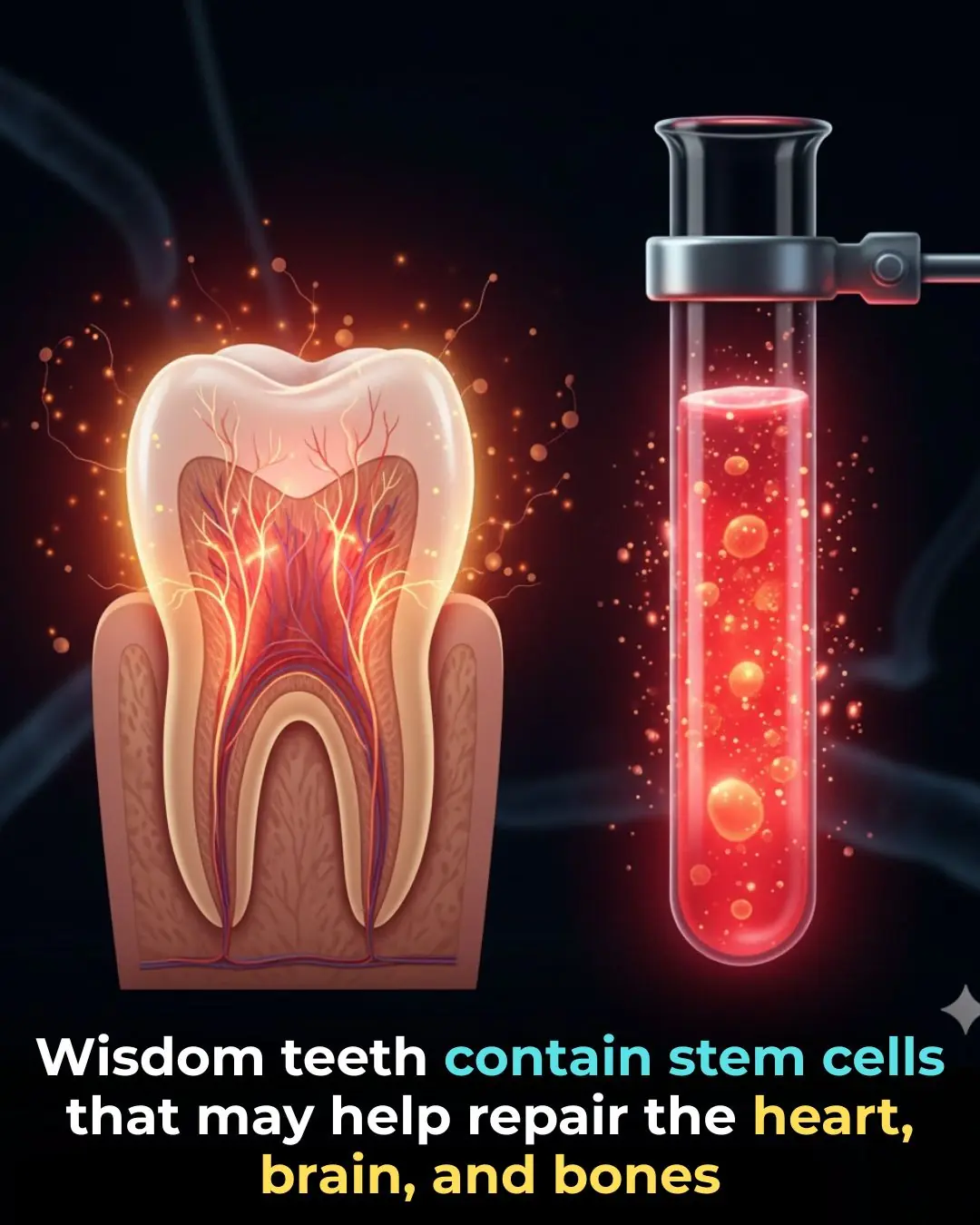
Top Signs of Iron Deficiency and How To Increase Iron Levels In Your Blood
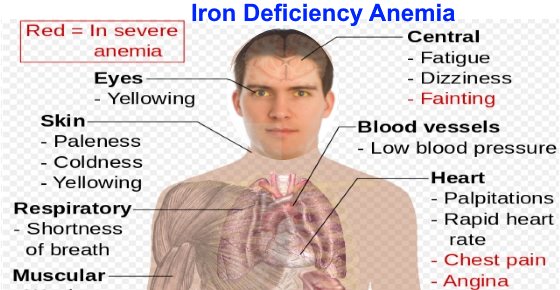
Iron deficiency is one of the most common nutritional problems worldwide—and it can quietly drain your energy long before you realize what’s happening. Low iron affects your body’s ability to make hemoglobin, the protein in red blood cells responsible for carrying oxygen. When hemoglobin drops, your cells don’t receive the oxygen they need, leading to fatigue, shortness of breath, pale skin, and other symptoms of iron-deficiency anemia.
Iron levels can fall for several reasons: not eating enough iron-rich foods, poor absorption, or blood loss. Women with heavy periods, pregnant women, infants, vegetarians, and frequent blood donors are especially at risk.
The good news? Identifying the signs early—and improving your iron intake—can help restore healthy levels naturally.
Signs of Iron Deficiency
Many symptoms start off mild, making them easy to overlook. According to the Mayo Clinic, common signs include:
-
Persistent fatigue or weakness
-
Pale complexion
-
Headaches or dizziness
-
Chest pain or rapid heartbeat
-
Shortness of breath
-
Cold hands and feet
-
Brittle nails
-
Poor appetite
-
Inflammation or soreness of the tongue
If you suspect low iron, see a doctor for a blood test. They may order tests such as ferritin, hemoglobin, hematocrit, or MCHC to confirm whether anemia is present and rule out more serious causes like internal bleeding.
Common Causes of Iron Deficiency
Not eating enough iron-rich foods: Your body needs a steady supply of iron to make healthy blood. A poor diet can quickly lead to low levels.
Heavy menstrual bleeding: Women who experience heavy periods may lose more red blood cells than their bodies can replace.
Pregnancy: Growing a baby increases the body’s need for iron to support extra blood volume and fetal development.
Internal bleeding: Ulcers, gastrointestinal disorders, and long-term use of NSAIDs like ibuprofen can cause slow blood loss.
Poor absorption: Conditions such as celiac disease, inflammatory bowel disease, or intestinal inflammation can prevent the body from absorbing enough iron.
Daily Iron Requirements
Recommended daily intake according to the National Institutes of Health:
-
Infants (7–12 months): 11 mg
-
Children (1–13 years): 7–10 mg
-
Women (14–50 years): 15–18 mg
-
Pregnant women: 27 mg
-
Men (14–50 years): 8–11 mg
-
Adults over 50: 8 mg
How to Improve Iron Absorption
Even if you eat enough iron, your body may not absorb it efficiently.
Boost absorption with vitamin C:
Pair iron-rich foods with citrus fruits, leafy greens, broccoli, or bell peppers.
Avoid iron blockers with meals:
Calcium-rich foods, eggs, spinach, whole grains (phytates), coffee, tea, and chocolate can reduce iron absorption when eaten at the same time.
How to Increase Your Iron Levels Naturally
1. Eat Iron-Rich Foods
Iron comes in two forms:
Heme iron (from animal sources):
Best absorbed by the body. Found in:
-
Beef
-
Chicken liver
-
Oysters, clams, mussels
-
Sardines
Non-heme iron (from plant sources):
Absorbed less efficiently, but still important. Found in:
-
Beans and lentils
-
Kale and leafy greens
-
Nuts and seeds
-
Brown rice
-
Dried apricots
-
Broccoli
-
Potatoes
Pair plant-based iron with vitamin C for better absorption.
2. Choose Iron-Fortified Foods
Breakfast cereals, breads, and plant milks often have added iron and can help maintain healthy levels—especially for vegetarians or those with higher needs.
3. Cook with Cast Iron Cookware
Cooking acidic foods (like tomato sauce) in cast iron pans increases the iron content of meals. Studies show it can help raise hemoglobin levels in people with low iron.
4. Consider Iron Supplements (With Caution)
Iron supplements can be effective but should only be taken under medical supervision. Too much iron can be dangerous. Your doctor will help determine the right dosage to avoid side effects like constipation or stomach discomfort.
5. Check Your Vitamin B12 Levels
Low vitamin B12 can also cause anemia and nerve problems.
Good sources include:
-
Beef liver
-
Clams
-
Trout
-
Chicken
-
Fortified cereals
Bottom Line
Iron deficiency is common—but also highly treatable. By recognizing symptoms early, improving your diet, and working with your healthcare provider, you can restore healthy iron levels and prevent anemia naturally.
News in the same category


This one vitamin could help stop you from waking up to pee every night
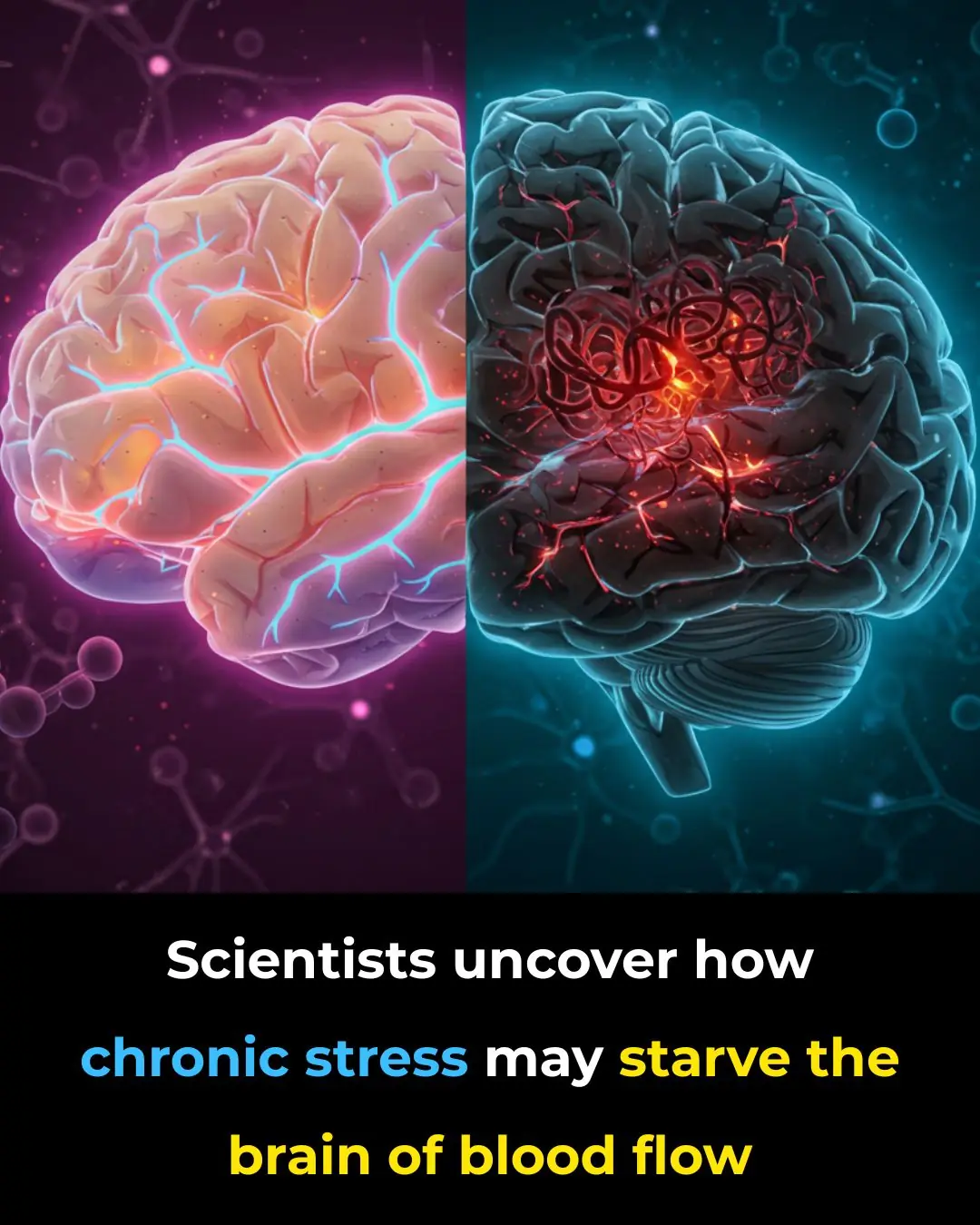
Scientists uncover how chronic stress may starve the brain of blood flow

Japan's Oldest Doctor: Can’t Sleep Through the Night? Use Garlic This Way for Deep Rest in 3 Nights

People whose mouths feel dry when sleeping at night need to know these 8 reasons

3 Mineral Waters That Can Help Remove Aluminum From The Brain

Banish Congestion Now! The Fiery Root That Clears Lungs & Sinuses INSTANTLY
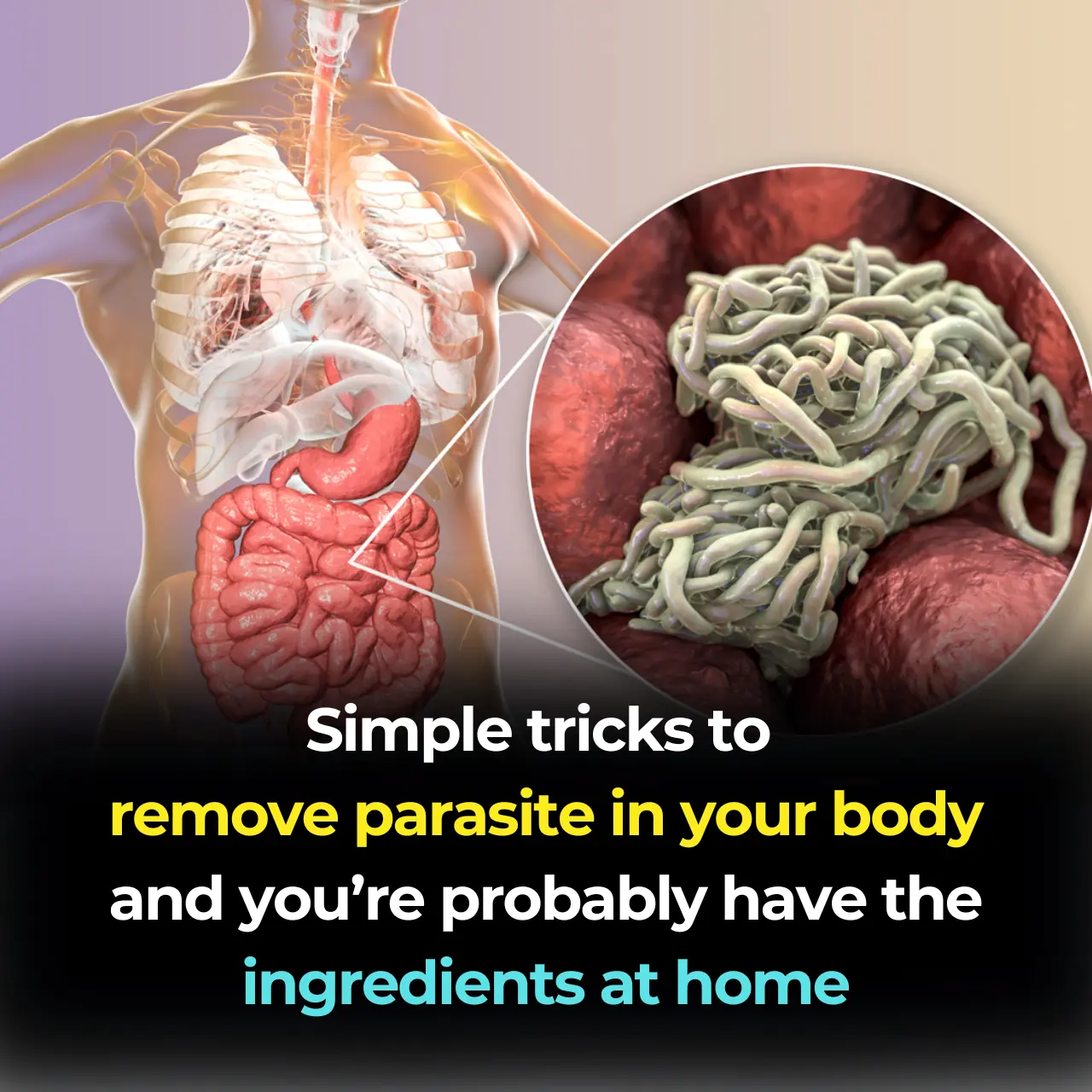
How to Get Rid of Worms in Humans (Including Parasite Cleanse Diet)

How Two Quiet Hours a Day Can Rebuild Your Brain
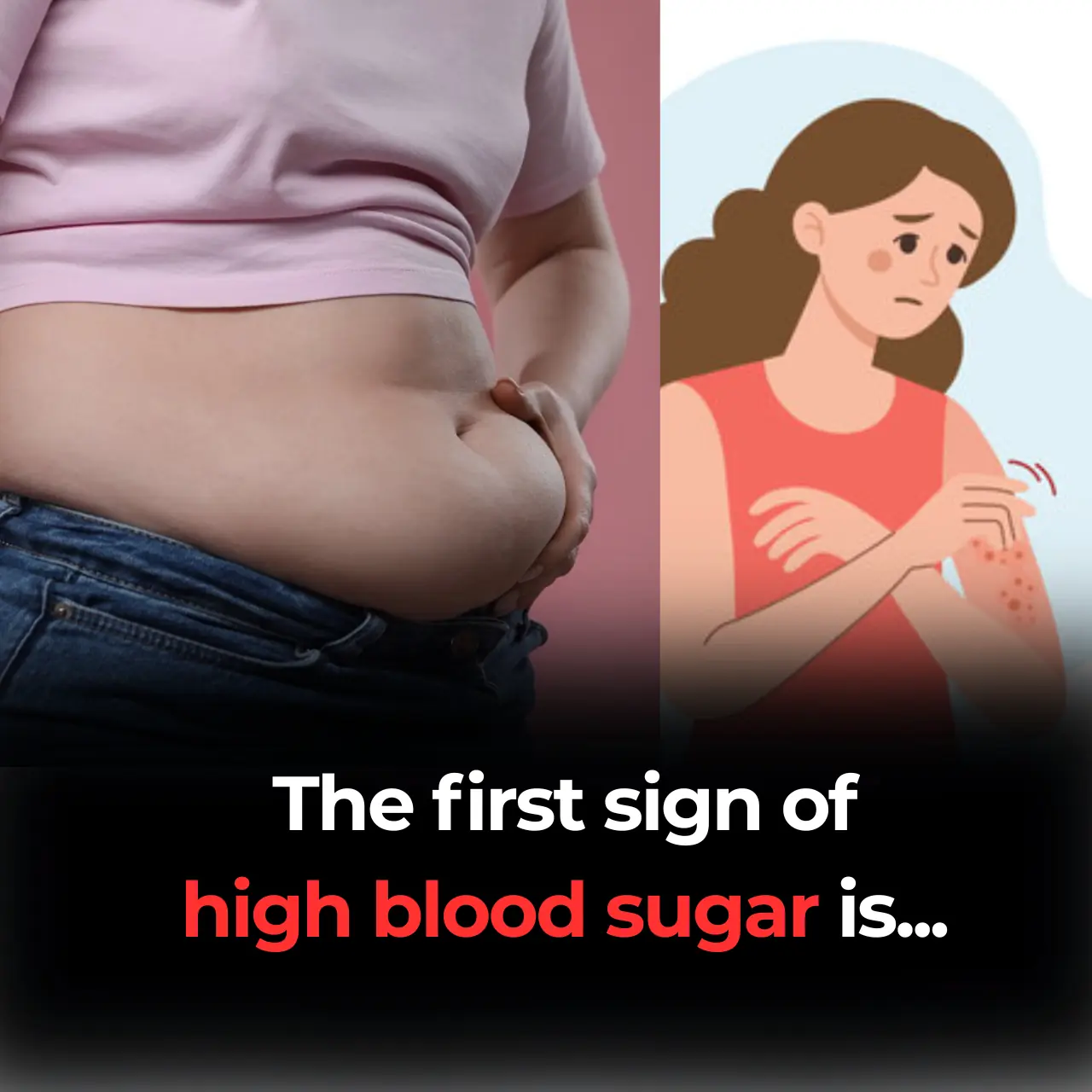
13 Warning Signs of High Blood Sugar and 9 Ways to Take Control of Your Health
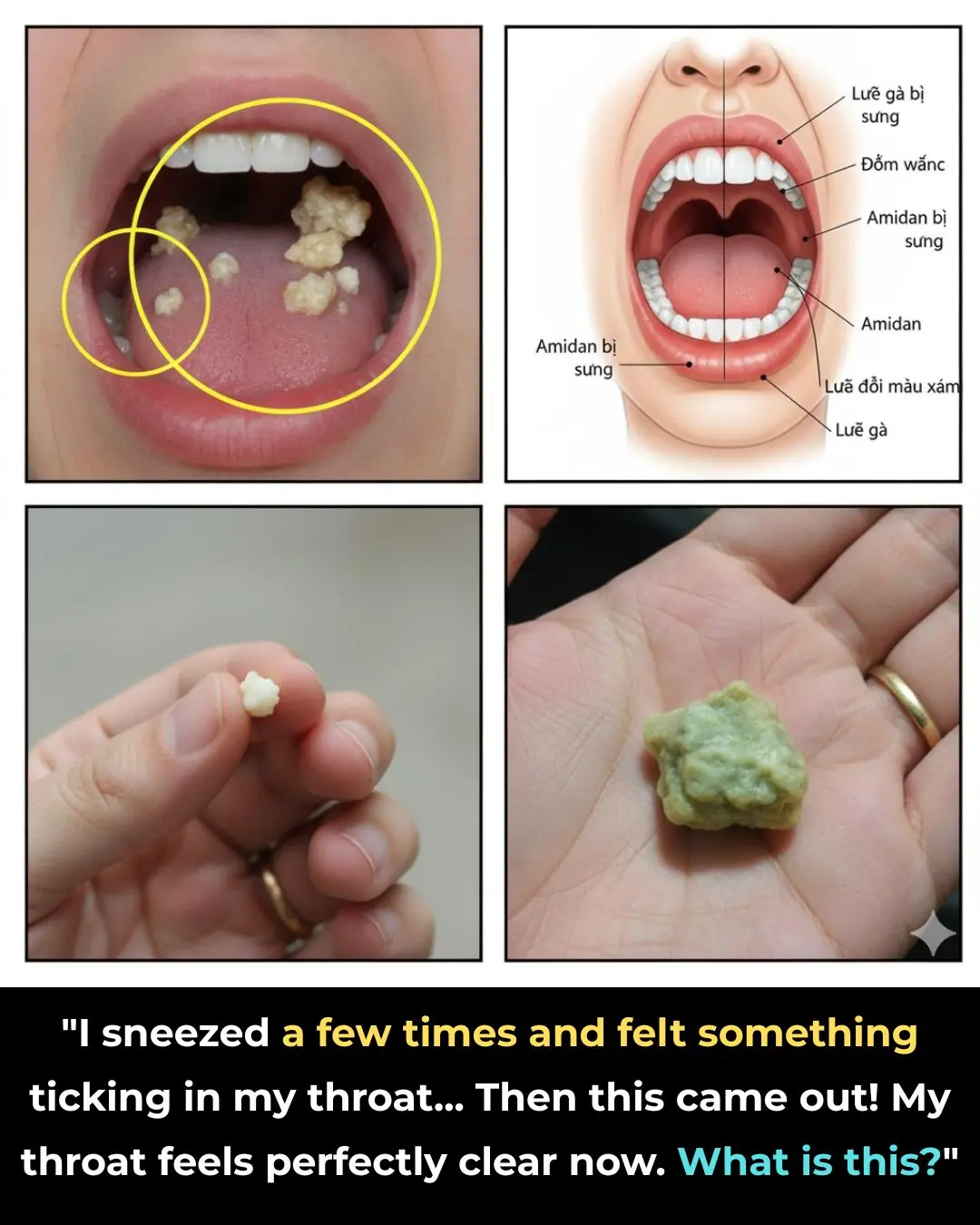
What Are Tonsil Stones

Nerve Pain Relief? The Vitamin Deficiency You Never Suspected!
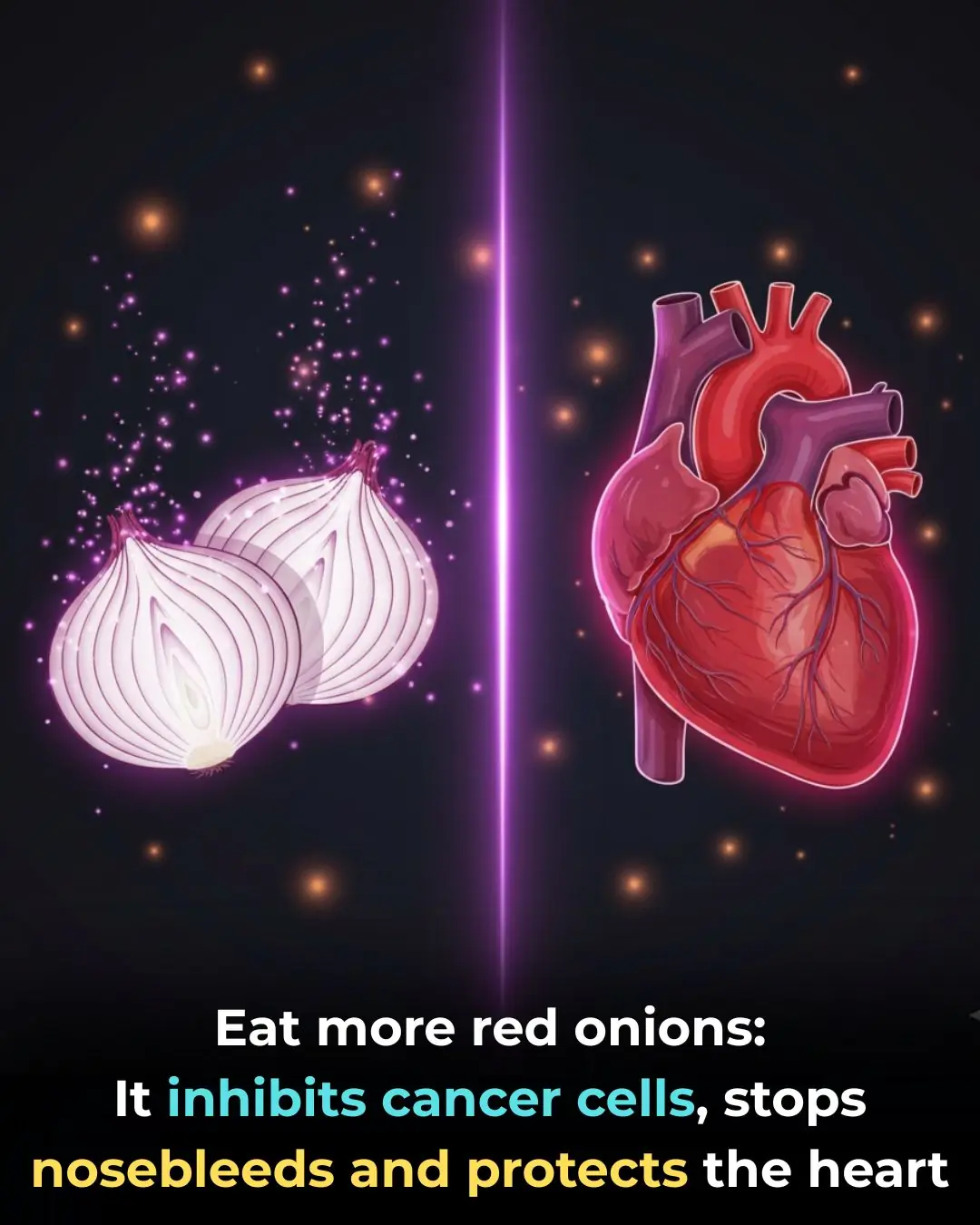
Eat More Red Onions: It Inhibits Cancer Cells, Stops Nosebleeds And Protects The Heart

7 Easy Ways To Quickly Unclog Your Lymph Nodes To Reduce Swelling And Flush Out Toxins
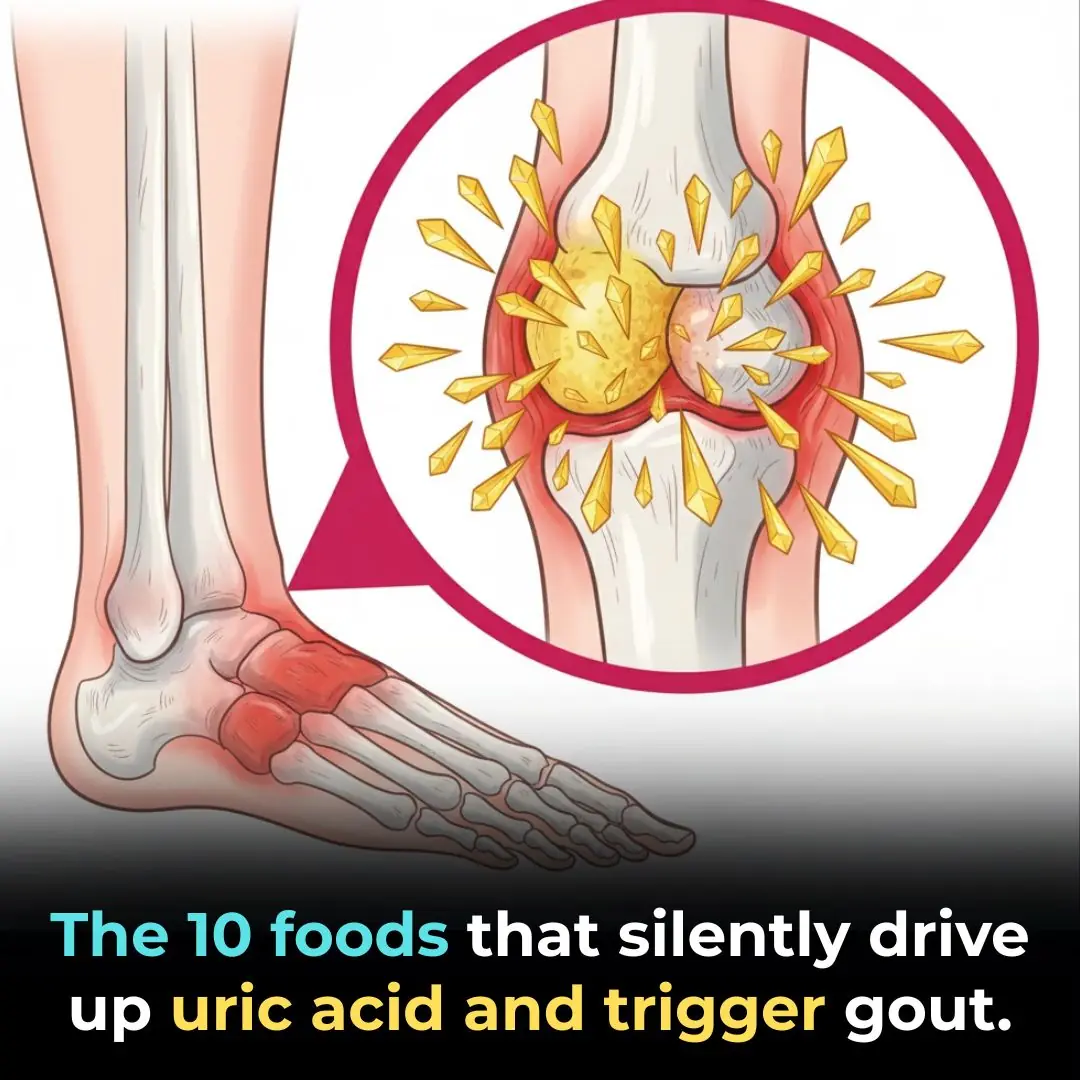
Top 10 Uric Acid Foods To Avoid If You Have Gout

Five “Dirtiest” Parts of the Pig That Butchers Never Take Home for Their Own Families
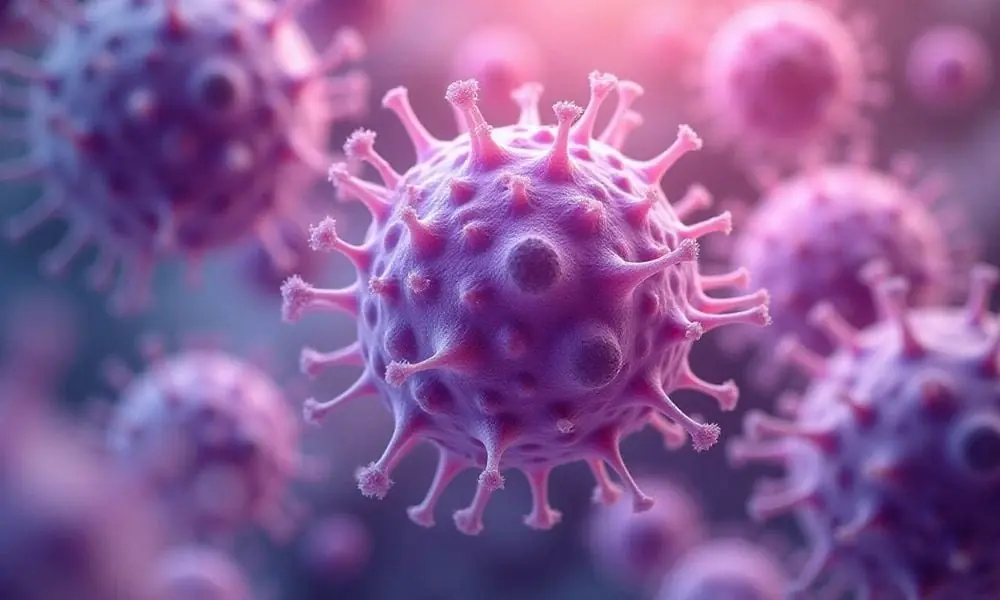
The Whole Family of Three Was Diagnosed With Thyroid Nodules; the Mother Collapsed: “I Thought Those Two Things Were Always Good to Eat and Could Prevent Cancer”

Breakthrough Cancer Treatment Offers Unprecedented Hope for Patients
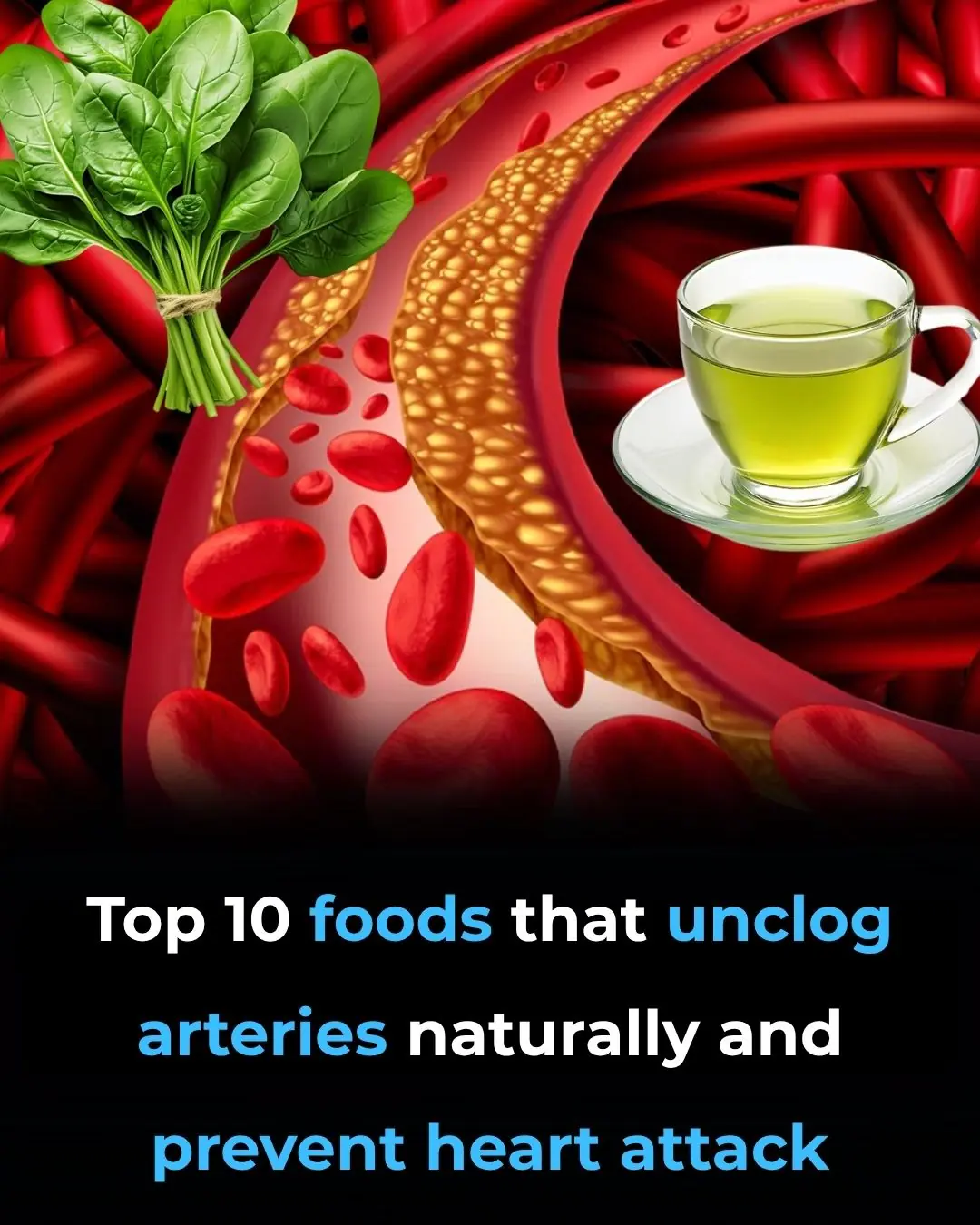
Top 10 foods that unclog arteries naturally and prevent heart attack
News Post

How Israel Is Turning Water Pipes Into Clean Power Plants

How Wisdom Teeth Could Power the Next Generation of Regenerative Medicine

This one vitamin could help stop you from waking up to pee every night

Scientists uncover how chronic stress may starve the brain of blood flow

Keith Olbermann suggests he dodged a bullet as he gloats over ex-girlfriend Olivia Nuzzi’s latest scandals

What Sydney Sweeney and Tom Cruise talked about during Governor Awards: lip reader

Freddie Slater’s EastEnders exit ‘revealed’ in new spoilers

Spandau Ballet star Tony Hadley admits he’s watching ex-bandmate Martin Kemp on I’m A Celebrity amid long-running rift

Inside I’m A Celebrity star Angry Ginge’s relationship with his dad – ‘massive racist’; court battles; throwing a ‘brick through the window’

The Hidden Power of Common Blue Violet (Viola sororia) and Its Homemade Uses

Japan's Oldest Doctor: Can’t Sleep Through the Night? Use Garlic This Way for Deep Rest in 3 Nights

Glow From Within: Easy Morning Drink For Radiant Skin

People whose mouths feel dry when sleeping at night need to know these 8 reasons

3 Mineral Waters That Can Help Remove Aluminum From The Brain

BBC Strictly's La Voix forced to pull out of Blackpool week after injury

Coronation Street couple split confirmed as heartbroken Carla tells Lisa 'it's over'

Coronation Street's Tina O'Brien reveals her father has died as she says 'my heart is very heavy'

Reimagining Mall Rooftops in the Philippines: Elevated Tents Offering Safety, Dignity, and a Breath of Calm
